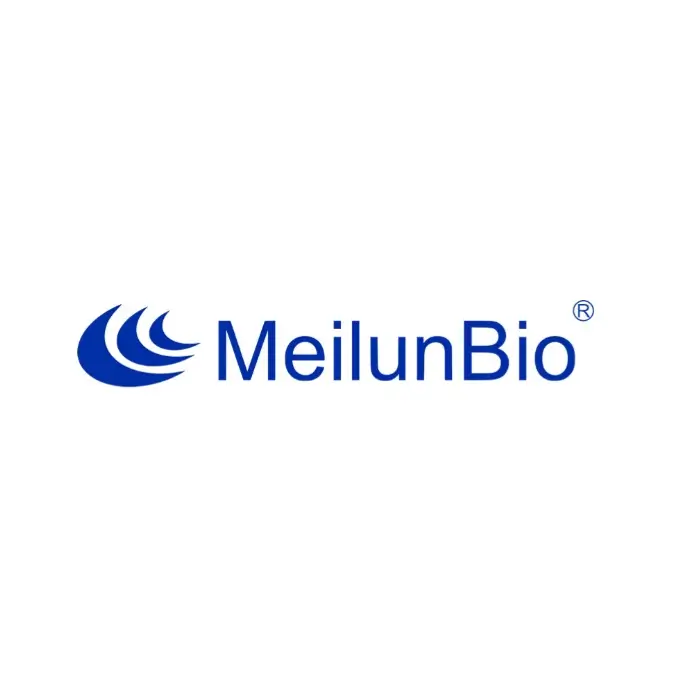| Source: | E.coli |
| Description: | Recombinant Mouse Interleukin-4 is produced by our E.coli expression system and the target gene encoding His23-Ser140 is expressed. |
| Accession: | P07750 |
| Known As: | Interleukin-4; B-cell IgG differentiation factor; B-cell growth factor 1; B-cell stimulatory factor 1; IGG1 induction factor; Lymphocyte stimulatory factor 1; IL-4; BSF-1 |
| Predicted Mol Mass: | 13.4 Kda |
| Apparent Mol Mass: | 14 KDa, reducing conditions |
| Endotoxin: | < 1 EU/µg as determined by LAL test. |
| Formulation: | Lyophilized from a 0.2 μm filtered solution of 20mM PB,5% Sucrose,4% Mannitol,0.1% PS-80,pH 6.5. |
| Reconstitution: | Always centrifuge tubes before opening.Do not mix by vortex or pipetting. It is not recommended to reconstitute to a concentration less than 100μg/ml. Dissolve the lyophilized protein in distilled water. Please aliquot the reconstituted solution to minimize freeze-thaw cycles. |
| Shipping: | The product is shipped at ambient temperature.Upon receipt, store it immediately at the temperature listed below. |
| Storage: | Lyophilized protein should be stored at ≤ -20°C, stable for one year after receipt. Reconstituted protein solution can be stored at 2-8°C for 2-7 days. Aliquots of reconstituted samples are stable at ≤ -20°C for 3 months. |
| Background: | Mouse Interleukin-4(IL-4) is a monomeric, Th2 cytokine that shows pleiotropic effects during immune responses. It is a glycosylated polypeptide that contains three intrachain disulfide bridges and adopts a bundled four αhelix structure. IL4 exerts its effects through two receptor complexes, Participates in at least several B-cell activation processes as well as of other cell types. IL4 is primarily expressed by Th2-biased CD4+T cells, mast cells, basophils, and eosinophils. It promotes cell proliferation, survival, and immunoglobulin class switch to IgG1 and IgE in mouse B cells, acquisition of the Th2 phenotype by naïve CD4+T cells, priming and chemotaxis of mast cells, eosinophils, and basophils, and the proliferation and activation of epithelial cells. IL4 plays a dominant role in the development of allergic inflammation and asthma. It also regulates the expression of the low affinity Fc receptor for IgE (CD23) on both lymphocytes and monocytes. |
重组小鼠白介素4(IL-4)
¥800.00
规格: 10μg
英文名字:IL-4,Recombinant Mouse Interleukin-4
质量标准:>95%,BR

